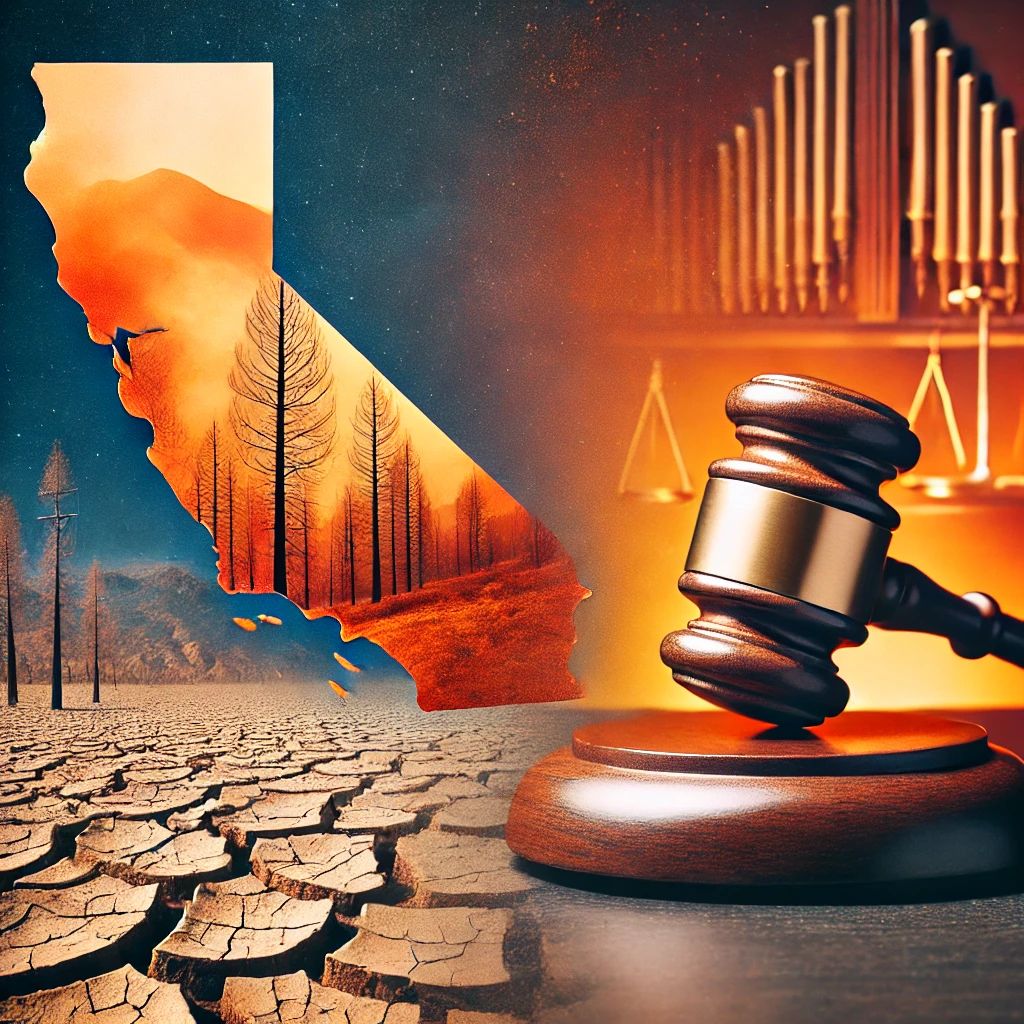
Former President Donald Trump’s claims about California’s water management policies have been dismissed or mischaracterized in mainstream media as exaggerated or false. However, a closer look at California’s 2020 lawsuit against Trump’s administration reveals that the core of his criticism—that Governor Gavin Newsom and California officials resisted efforts to ensure adequate water supplies for municipalities—is far more accurate than it’s portrayed.
The lawsuit, California Natural Resources Agency et al. v. Wilbur Ross et al., reveals that Trump’s administration sought to adjust water management policies to prioritize human needs, including agricultural and municipal water supplies, over strict environmental protections. California, however, opposed these changes, citing endangered species protections and potential environmental harm.
What Trump Got Right
While Trump referred to his proposed adjustments as a “water restoration declaration”—a term not officially used in water policy—his broader point was clear: California’s water policies limited resource flexibility. Trump publicly urged Governor Newsom to address this issue, advocating for measures that would increase water availability for Southern California, which relies on a mix of local and statewide water systems. These measures, Trump argued, could have helped cities like Los Angeles bolster their reserves, potentially aiding during crises like the wildfires.
Instead of cooperating, California sued the administration to block these changes. The state’s legal action focused on protecting endangered species such as the Delta smelt and salmon, prioritizing their habitats in the Sacramento-San Joaquin Delta over potential reallocation for urban or agricultural use.
Despite Newsom’s denial, the lawsuit explicitly confirms that water from the Central Valley Project and State Water Project supports municipal needs across California. Trump’s push for greater water access for these municipalities—including Los Angeles—was not a fabrication but an effort to address practical water demands in the face of increasing droughts and wildfires.
Newsom’s Misleading Dismissals
Governor Newsom and his administration have consistently downplayed Trump’s efforts, with Newsom claiming that Trump’s accusations were baseless and that no “water restoration declaration” existed. However, this stance appears deliberately evasive. Newsom, as governor, would have been well aware of the broader policy adjustments proposed by the Trump administration, which were aimed at increasing water flexibility for urban areas.
Newsom’s dismissals are not only disingenuous but also politically motivated, allowing him to avoid addressing the legitimate concerns about water availability raised by Trump. By focusing on Trump’s terminology rather than the substance of his claims, Newsom sidestepped accountability for California’s restrictive water policies.
Media Accountability
The media played a significant role in shaping public perception of this dispute. Instead of investigating the details of the lawsuit or the broader context of Trump’s criticism, many outlets dismissed his claims outright, framing them as inaccurate or incoherent. This narrative ignored the documented efforts by Trump’s administration to push California toward more flexible water management policies, including increased municipal allocations.
The media’s failure to accurately report on these efforts has contributed to widespread misunderstanding of the issue. By focusing on soundbites and dismissing Trump’s statements as hyperbole, they obscured the very real policy debates at the heart of the water crisis.
The Larger Implications
The lawsuit underscores the ongoing tension between environmental conservation and practical resource management in California. While protecting endangered species is critical, critics argue that California’s stringent policies have exacerbated challenges like drought and wildfire preparedness by limiting water availability for human use. Trump’s administration sought to address this imbalance, but California’s resistance—and the media’s failure to accurately report on the situation—left these efforts largely misunderstood.
As wildfires and water shortages persist, the need for a balanced approach to water management becomes increasingly urgent. Trump’s criticism, while perhaps imprecise in terminology, highlighted legitimate issues that California officials and the media have failed to address.
—
Source: California Natural Resources Agency et al. v. Wilbur Ross et al. (Case No. 3:20-cv-01299)